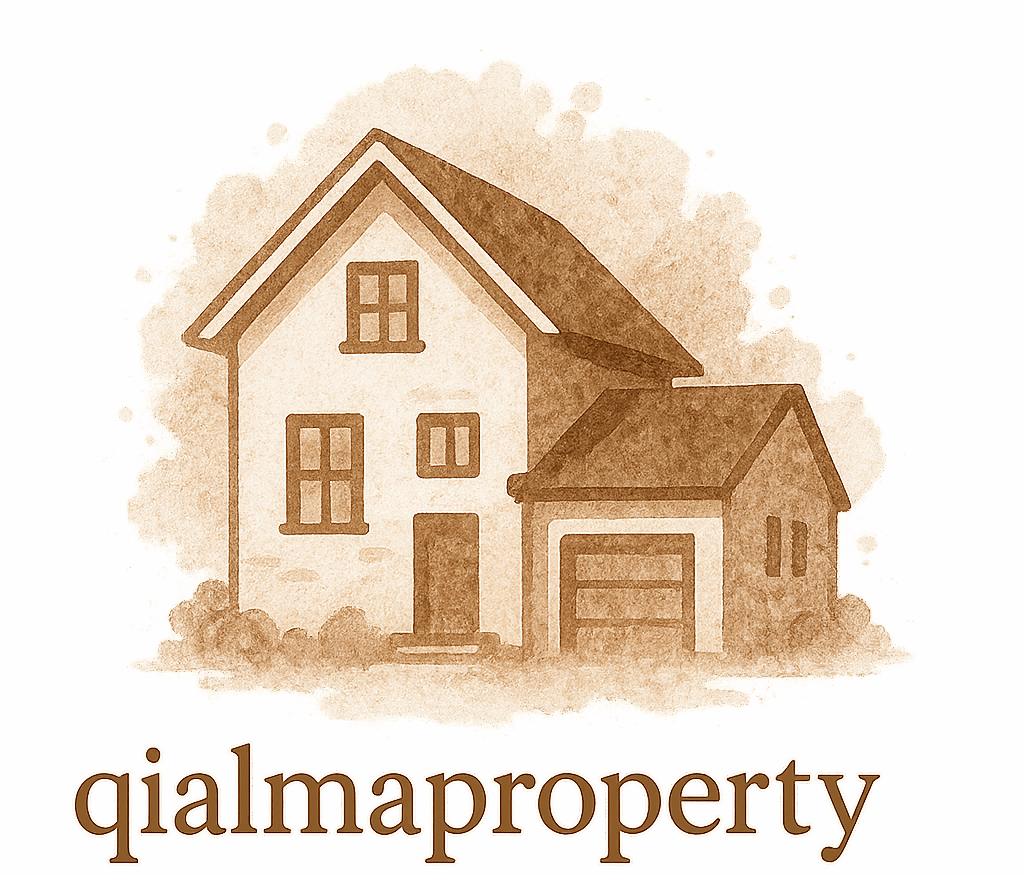Introduction
Ever wondered why property prices swing like a pendulum in different parts of the country—even within the same year? You’re not alone. Whether you’re a seasoned investor, a curious first-time buyer, or someone thinking of listing your home, understanding the economic factors that affect property value is essential.
These aren’t just abstract financial stats. They’re the pulse of the property market—pushing prices up or pulling them down. So, let’s break down the top 5 economic influencers and how they shape the real estate world around you.
1. Interest Rates
How Interest Rates Impact Mortgage Affordability
Interest rates are like the thermostat of the property market. When they go down, buyers can afford bigger mortgages with smaller monthly payments. When they rise, affordability shrinks, pushing potential homeowners out of the market.
Lower interest rates tend to heat up demand, driving property values higher. This is why mortgage interest rate changes are often the first signs of market shifts.
The Ripple Effect on Housing Demand
Think of interest rates as the tide. When it’s low, everyone wants in. When it rises, buyers back off. This ripple impacts demand, and demand directly correlates with price.
➡️ For first-time buyers, staying updated on this trend is crucial. Head over to our Property Buying guide to understand how rates can affect your long-term investment.
2. Employment Rates
Job Growth and Its Role in Property Value
A strong job market means more people can afford to buy homes. Areas with low unemployment rates and growing industries tend to see a surge in housing demand. It’s basic: more income equals more buyers, which leads to increased competition and higher property prices.
Regional Economic Health
Not all jobs are created equal. High-paying industries like tech or finance significantly impact property value. For example, cities with tech booms—like Austin or San Jose—have seen exponential growth in housing prices.
📌 Curious how employment trends affect first-time buyers? Check out our tag on Real Estate Tips for First-Time Buyers.
3. Inflation and Cost of Living
Inflation’s Role in Property Appreciation
When inflation rises, so do the prices of goods—including real estate. While your dollar buys less, your property could be worth more. But here’s the twist: rising prices can also push up construction costs, leading to fewer new homes and increased value of existing properties.
The Hidden Costs of Inflation for Homeowners
Inflation can also sneak up on homeowners through higher maintenance and living expenses. While your asset appreciates, your out-of-pocket costs do too.
For a peek into inflation’s future impact, visit our Real Estate 2025 Trends page.

4. Supply and Demand Dynamics
The Balance That Shapes Price Trends
This is Economics 101. When there are more buyers than homes, prices soar. When supply exceeds demand, prices drop. Sounds simple, but local zoning laws, development limits, and investor activity can distort this balance dramatically.
Overbuilding vs. Undersupply
Too many properties built too quickly can flood the market, lowering prices. On the flip side, areas with tight building regulations or land scarcity often see massive price hikes due to limited inventory.
🔍 Explore current Property Trends to understand where supply is tight and demand is high.
5. Government Policies and Regulations
Tax Incentives, Grants & Loan Programs
Governments can stimulate demand with first-time buyer grants, property tax reductions, or favorable loan programs. These incentives put money back in buyers’ pockets—fueling demand and spiking values.
Zoning Laws and Urban Planning
Zoning regulations determine how land can be used. If a residential zone is suddenly allowed to include commercial space, property values may skyrocket. Government infrastructure projects (like rail lines or highways) also heavily influence real estate value.
📚 Learn more about policies that affect you as a landlord or buyer via our Landlord Legal resources.
Real-World Examples of Economic Impact on Property Value
Let’s get real. In 2020, interest rate cuts led to property booms in cities like Brisbane and Phoenix. On the other hand, economic downturns—like Detroit’s manufacturing crash—sent home prices tumbling.
These shifts weren’t random—they were directly tied to the economic factors that affect property value.
How to Use Economic Factors When Buying or Selling
Smart Moves for Buyers
Know the local job market. Watch the interest rate forecasts. Check if inflation is rising. If everything’s pointing upward, buying sooner rather than later might be the wise choice.
Use our Property Investment resources to make decisions that align with these market indicators.
Strategic Tips for Sellers
Selling during a high-interest-rate period? You might need to sweeten the deal with upgrades or flexible financing. Selling in a hot market with low rates? You can list aggressively.
Take advantage of our comprehensive Property Selling guide for step-by-step advice.
Why Investors Should Monitor These Economic Indicators
Serious investors don’t gamble—they track. If you’re investing in rental properties or flipping homes, economic indicators help you forecast ROI, plan cash flow, and reduce risk.
Start by exploring our Investor Tips and ROI insights to build a portfolio that grows with the market.
Final Thoughts
The economy is a silent architect behind every home price. From interest rates to employment stats, these economic factors that affect property value dictate when to buy, sell, or invest.
Whether you’re a hopeful homeowner or a savvy seller, the secret to mastering the market lies in watching the right numbers—and knowing how to respond when they change.
So, bookmark this guide, revisit our articles at Qialma Property, and keep your eye on the economy—it could be the best real estate move you ever make.
FAQs
1. What is the most important economic factor affecting property value?
Interest rates are arguably the most immediate and impactful factor, influencing affordability and demand across the board.
2. How does inflation influence property prices?
Inflation generally pushes property prices up, but it also increases construction costs and living expenses.
3. Can government policies increase property values?
Yes. Grants, tax incentives, and zoning changes can significantly raise property values in targeted areas.
4. Why does unemployment impact the housing market?
Fewer employed individuals means fewer qualified buyers, which reduces demand and flattens or lowers property values.
5. How does supply and demand affect housing prices?
If demand exceeds supply, prices rise. If supply outpaces demand, prices fall. It’s a balancing act.
6. Are economic indicators useful for real estate investors?
Absolutely. Monitoring indicators like interest rates, employment, and inflation helps investors make informed, strategic moves.
7. Where can I learn more about current property market trends?
You can stay updated with ongoing insights on our Market Trends and Property Growth pages.


